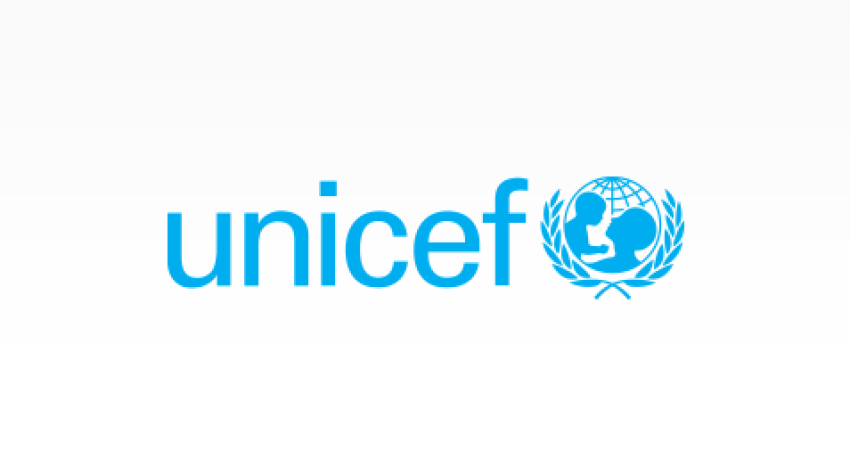
THE United Nations Children’s Fund (Unicef) has raised concern over how African countries, Zimbabwe included, are still lagging behind in meeting the recommended budget allocation required to provide quality education.
Zimbabwe and the rest of the continent on Sunday commemorated the Day of the African Child running under the theme Education for All Children in Africa: The Time is Now!
Unicef said most African countries were not fulfilling their commitment to allocate 20% of their national budgets to education, as recommended in the Sustainable Development Goals framework for action for education.
“Nine out of 49 African countries less than one in five dedicated 20% or more of their public spending to education, while 24 committed at least 15%, and six countries directed less than 10%,” the UN agency said.
“In Zimbabwe, public funding for education has increased in recent years. Nevertheless, further increase is needed as the country is investing only 15% of its public expenditure in education.”
Unicef warned that without urgent attention, the huge gaps in financing for education will be catastrophic for a generation of students and the future economic growth and stability of the continent.
It said increased education and school budgets led to better learning outcomes.
“A well-financed education sector leads to quality learning outcomes, inclusive quality teaching and learning and increases girls’ participation. Education is key for building human capital for prosperity on the continent,” the agency said.
- Chics’ Galaxy: Criticism drives Geraldine to do better
- Chics’ Galaxy: Criticism drives Geraldine to do better
- Letters: The rights of children in the digital age
- Artificial intelligence, youth day and future of 42% of the world
Keep Reading
Unicef country representative in Zimbabwe, Nicholas Alipui said the organisation was ready to support the government to fully execute the budget available for education.
“Zimbabwe needs to raise its investment in education to the globally agreed target of 20% to achieve the Sustainable Development Goal on universal, inclusive and equitable basic education for all school-age children by 2030 and to ensure access to education for all Zimbabwean children, including the poorest children and children living with disabilities,” Alipui said.
Unicef regional director for eastern and southern Africa, Etleva Kadilli said children had the right to quality education, although the education systems were failing far too many of them.
“To ensure prosperity in Africa, we urgently need to see a continental revolution where commitments are turned into concrete action so children can attain the vital foundational skills necessary for them to progress to higher forms of education and realise their full potential,” Kadilli said.










